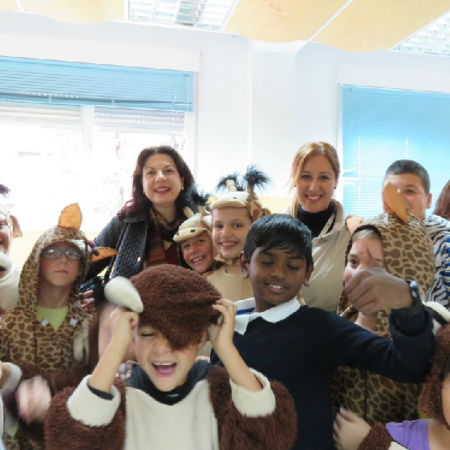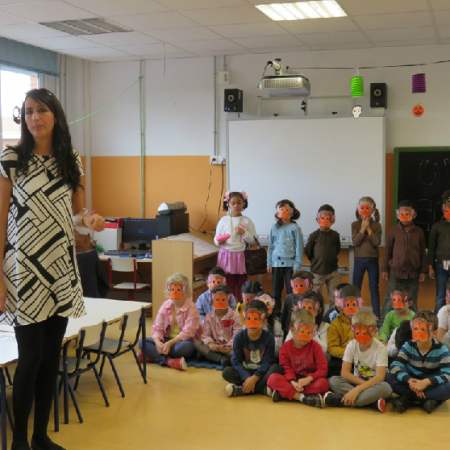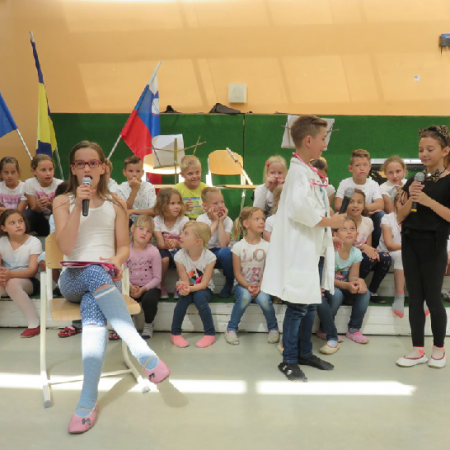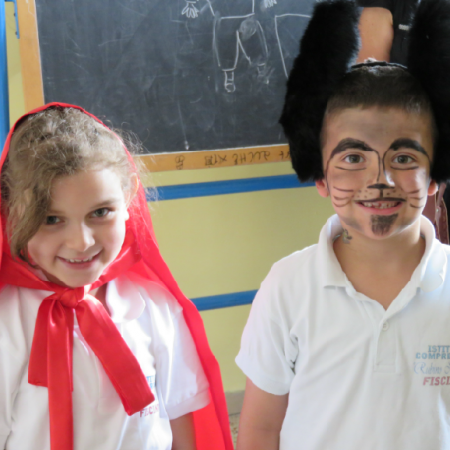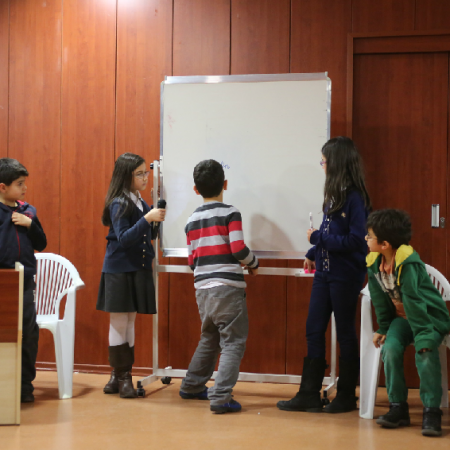| Assessment: Any systematic means of discovering and recording how well someone is able to do something. (Rixon, 2012, p. 4) |
Assessment has the power to change young learner’s (YL’s) lives because the effect of assessment can be either positive or negative (McKay, 2006; Bitchener, 2008), depending on variety of factors, such as assessment process (identifying appropriate teaching methodologies and learning activities, giving feedback or comments to young learners on how well they are doing, interpretation of learners’ progress in accordance with the learning objectives to demonstrate the acquired knowledge in the most adequate way). Classroom assessment helps foreign language (FL) teachers to gather, record and interpret information about YL’s progress and achievement, to use this information to improve their teaching approaches, and to report it to all those concerned with YL’s education. Assessment of YLs should be in agreement with learning; interactional and not isolated. Efficient classroom assessment should include (Kirsch, 2009: 192): sharing learning objectives and assessment criteria with YLs, discussing learning strategies, efficient questioning techniques, appropriate feedback (comments) and involving YLs in assessment.
| Assessment of YLs should be performed in a stress-free environment, including communicative, all-inclusive assessment activities orientated to the age and interest of the children. YLs should perceive assessment as a communicative learning and teaching process, and not a competitive grading activity. |



